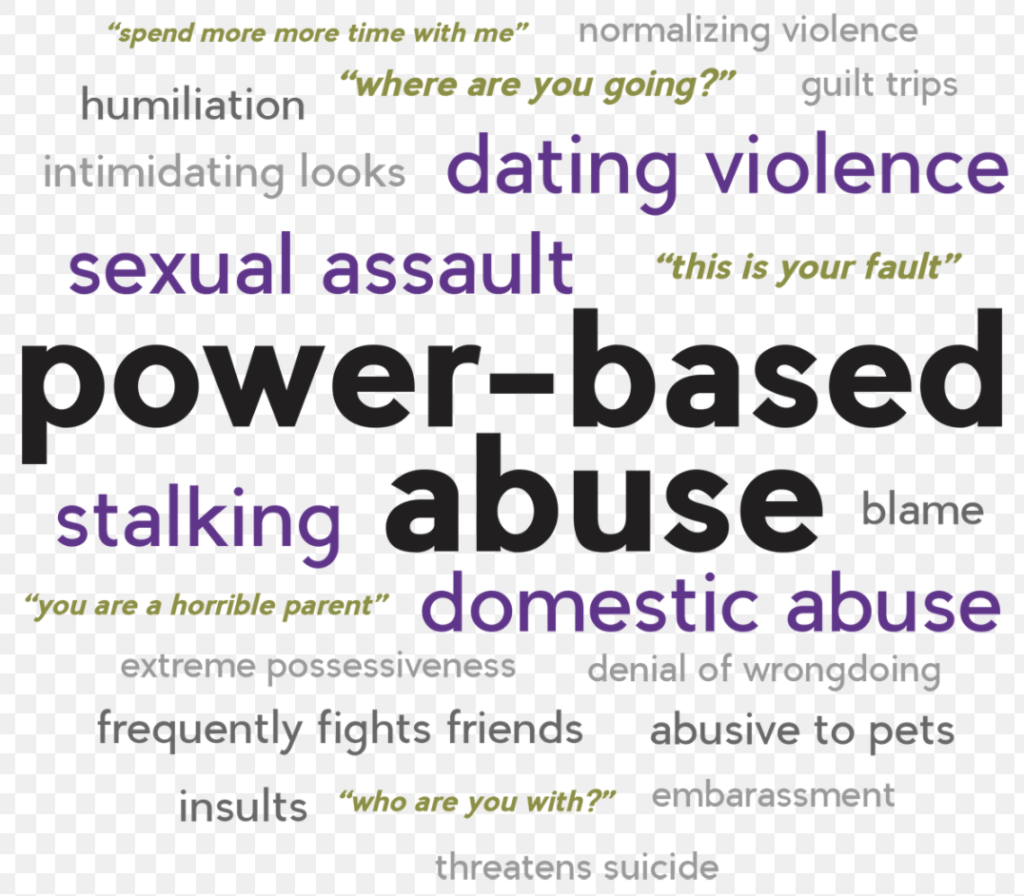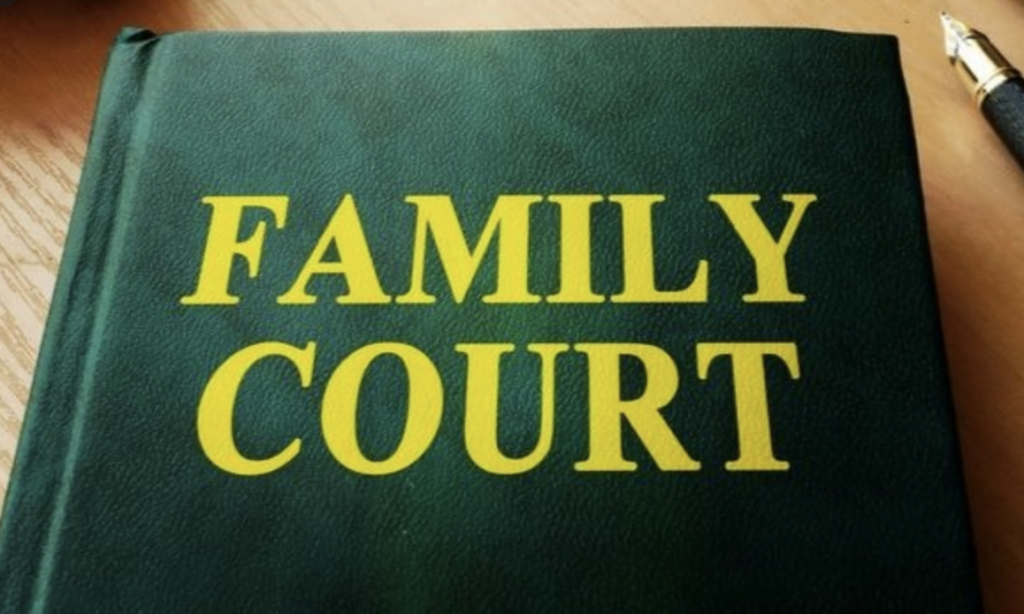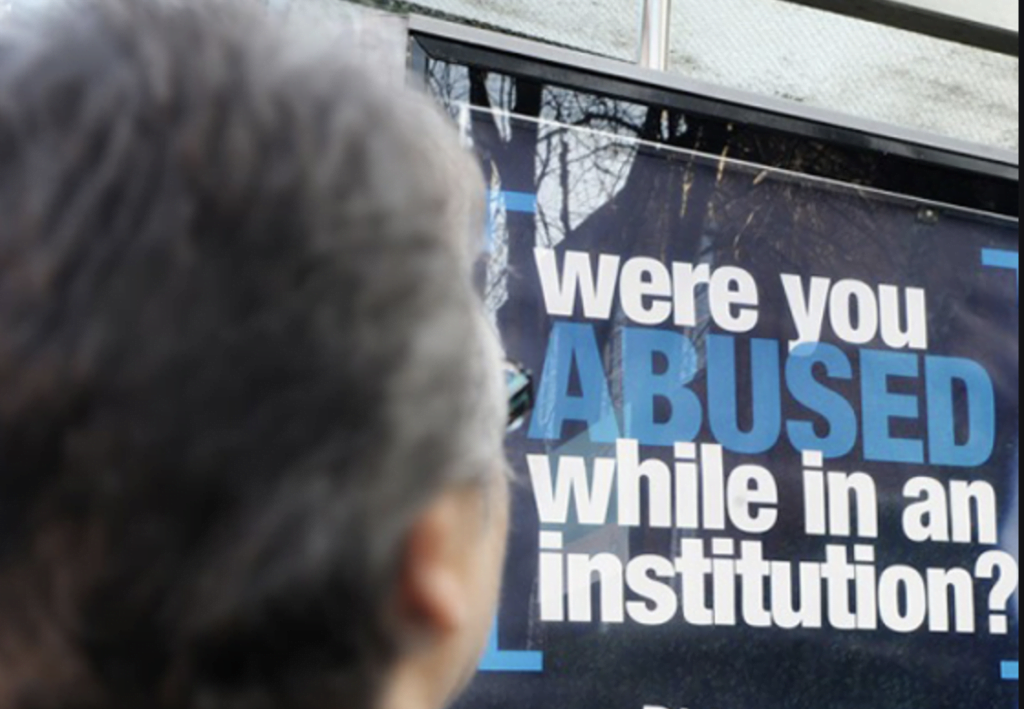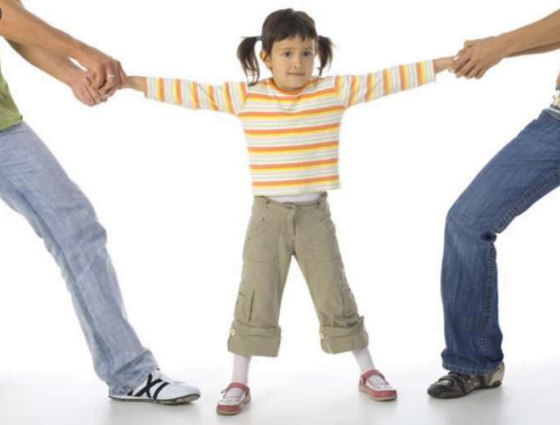Parents who are in conflict with their exes over the arrangements for their children often find that they have been drawn into a repeated pattern of damaging emotional reactions and behaviour. Their ex is able to manipulate them, deliberately provoking them and knowing what will cause a reaction. To prevent this you must distance yourself from the adult but not from the child. Distancing yourself means having no conversation and no meetings. If that is impossible without help here is an adapted version of the 12 steps which could be a guide to achieving the necessary balance
child protection
CAFCASS Part 3: The Section 7 (S7) report
The CAFCASS website explains how they consider these cases and how they deal specifically with allegations of domestic abuse, high conflict cases, parental alienation, substance abuse and mental illness.
The CAFCASS worker preparing the report will decide what enquiries to make based on what the court has asked them to look into. This may include talking to children (depending on their age and understanding) about their wishes and feelings and what they would like to happen.
Are you an abuser? 5 ways to find out
What should I expect in a CAFCASS interview? (CAFCASS Assessment Part 2)
You will gain a lot by understanding what’s to be covered in a CAFCASS interview and to have had time to think about how you’ll reply. So prepare well. Read their interview plan to see what CAFCASS cover in their interview, understand the principles by which they work and read my previous blogs with more CAFCASS information.
CAFCASS Assessment (Part 1)
This blog explains what CAFCASS do behind the scenes, who they talk to at the start of a case, what questions to expect in the telephone interview (your first contact with a CAFCASS worker) and the types of reports they write. It will help you to be better prepared.
Why does the family court make stupid decisions about parental alienation?
Parental alienation syndrome is a dangerous pattern of behaviour in which a child becomes hostile to one parent because of the behaviour of the other parent. It can progress to the point where the child will not see that parent and rejects them entirely. The loss of a parent in this way is inevitably severely damaging and harmful to a child. In parental alienation, one of the parents is emotionally abusing the child with the aim of hurting the other parent. Yet they are rarely treated as child abuse cases. Consequently they’re not given the same input and attention and, without good evidence to prove what is happening, decisions get made on the basis of prejudices. This is inexplicable.
How to prove parental alienation in court
Parental alienation is one of the most difficult things to prove and yet it is one of the most damaging to children and families. It can easily lead to a child completely losing their relationship with one parent and wrongly coming to believe that the parent was abusive or wicked in some other way.
‘Gather evidence’ is the golden rule and get legal help. These are difficult and complicated cases and you need all the help you can get.
How can historical abuse be proved?
If you were a victim of abuse as a child or young person, it is known as ‘historical abuse’. Your decision to report it now is bound to be influenced by whether you’re likely to be successful and how difficult it’s going to be. Historical abuse cases have had lots of publicity in the past few years, especially for those abused (or allegedly abused) by prominent people and it could easily put you off. It’s revealed a level of interest from the press and public, which is often voyeuristic and ghoulish. Maybe now as an adult you want to report your abuse to the police but you’re worried about proving it and concerned about the publicity, the pressure and the repercussions. This is very understandable.
Parental Alienation and the role of CAFCASS (part 1)
Lawyers often call cases which involve parental alienation ‘high conflict’ cases. Many parents and grandparents report the terrible impact of parental alienation and the harm it’s done within their families. Families are torn apart by it and it’s been a prevalent issue in child contact cases for years. In this kind of private law case, before the term ‘parental alienation’ caught on, we called it ‘implacable hostility’. There’s some dispute about whether they’re actually the same kind of cases or different, but it matters not if you’re a parent or relative involved in such a dispute. It’s just as harmful…










